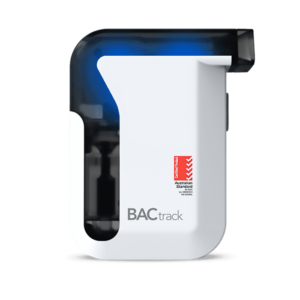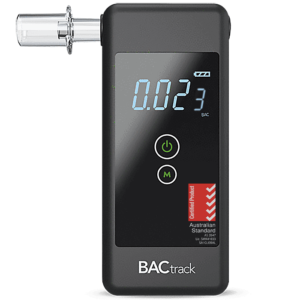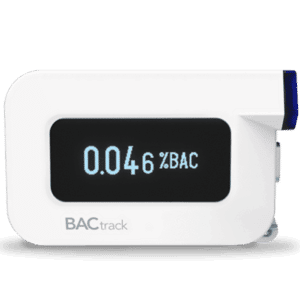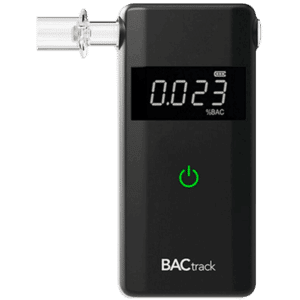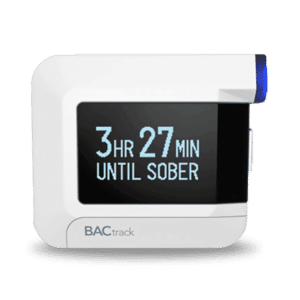Lab Tests for Alcohol Use Disorder: The Purpose of Conducting the Testing
15 September, 2023

Alcohol Use Disorder (AUD) is a chronic condition. It can have severe consequences on the physical and mental health of a person. It is essential to accurately diagnose and assess its severity to provide the most effective treatment. Lab tests for Alcohol Use Disorder are an integral part of this process. These provide valuable information about the alcohol consumption of an individual and its impact on their body. Consequently, they can make informed decisions.
Excessive drinking of alcohol can damage the liver, heart, and other organs. It can also lead to problems such as depression, insomnia, anxiety and impaired cognitive functioning. These effects may not be apparent in the early stages of AUD. Therefore, laboratory tests are necessary for a comprehensive assessment of the health status of people. The article will present the purpose of testing, the types of tests available, and the preparation for the test.
Purpose of a Lab Test for Alcohol Use Disorder
The purpose of a lab test for Alcohol Use Disorder is to measure the level of alcohol and its by-products in the body. This test can help healthcare professionals assess alcohol levels and whether a person may have developed an alcohol dependence. Analysing the results allows them to determine treatment options. Subsequently, it helps the individual manage their substance use disorder and regain control over their life.
Moreover, lab tests can provide valuable information about overall health. For instance, the outcome can indicate whether a person is at risk for specific medical conditions, such as liver disease, which are often associated with heavy alcohol consumption. In some cases, the tests may detect the presence of other substances in the body, which can impact AUD.
In addition, alcohol testing is beneficial for legal or workplace purposes. This includes cases of suspected drink driving or workplace accidents. The test provides objective evidence of alcohol consumption and going over the legal limit. Also, it can help determine appropriate penalties. Some examples include paying fines, installing an interlock device, or job loss.
Early Signs of Alcohol Addiction
- Increased tolerance – People need more alcohol to feel the same effects as before. This indicates the body is becoming accustomed to the substance.
- Preoccupation with drinking – The drinking habits of individuals lead to them constantly thinking about alcohol, planning opportunities to drink, and feeling anxious when not able to.
- Hiding or sneaking alcohol – They drink in secret or lie about the number of drinks per day to friends and family.
- Neglecting responsibilities – Heavy drinkers fail to fulfil obligations at work or home due to the effects of alcohol use.
- Continued use despite negative consequences – A person persistently drinks even when experiencing personal or legal troubles.
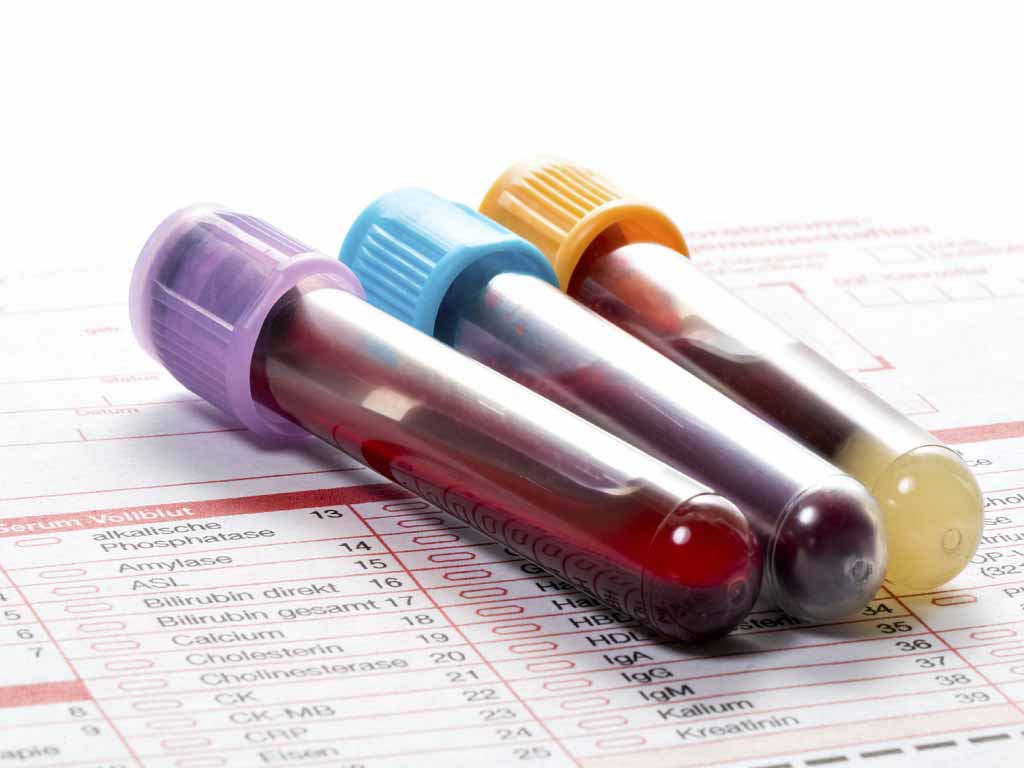
Types of Lab Tests for Alcohol Use Disorder
There are several types of lab tests for Alcohol Use Disorder. One common method is the Carbohydrate-Deficient Transferrin (CDT) through blood tests. It measures the levels of a certain type of transferrin in the blood that is elevated with chronic alcohol consumption. Professionals often utilise this test to monitor abstinence from alcohol and to assess the severity of the disorder.
Another kind of lab test is the direct biomarkers test. It detects specific chemicals or metabolites that are directly related to the consumption of alcohol. It can provide more immediate and accurate results compared to other tests. Also, it can help in the diagnosis and monitoring of substance use disorder. Common biomarkers include ethyl glucuronide (EtG) and fatty acid ethyl esters.
Furthermore, the Alanine Aminotransferase (ALT) Test, Corpuscular Volume (MCV) Test, and Blood Alcohol Concentration (BAC) are typically used in assessing the disorder. The ALT test measures liver enzymes that can indicate alcohol-related liver damage. Meanwhile, the MCV test measures the size of red blood cells, which can be elevated in individuals who consume excessive alcohol. Lastly, the BAC test measures the concentration of alcohol in the blood.
Factors that Can Influence the Results
Several factors can influence the results of lab tests for the disorder. One such factor is the timing of the test. Blood alcohol levels can vary depending on how recently the individual consumed alcohol. Additionally, the presence of other substances in the body can affect the accuracy of the test results. For example, medications and some health conditions can produce false positives.
Another factor to consider is the type of test. Different testing methods have varying levels of sensitivity and specificity, which can lead to differing results. The amounts of alcohol consumed, metabolism, and hydration levels can also play a role in test accuracy.

How to Prepare for Lab Tests for Alcohol Use Disorder
Preparation for a lab test for alcohol use disorder is important. The first step is to abstain from consuming alcohol for at least 24 hours before the test. This will ensure that the results accurately reflect normal alcohol metabolism. Additionally, individuals should inform their healthcare provider about any medications or supplements they are taking. Otherwise, these may affect the outcome of the test.
Before the lab test, it is also essential to stay well-hydrated by drinking plenty of water. This will help make it easier for the healthcare provider to draw blood for blood tests. This is because dehydration can make it more difficult to locate a vein. Moreover, it is essential to mentally prepare for the test by being honest with the staff about alcohol consumption.
In addition, follow any specific instructions provided by the healthcare professional. This may include avoiding certain medications before the test or scheduling the test for a specific time of day. Following these guidelines and being honest can ascertain that the lab tests for AUD are as accurate as possible.
Treatment Programs
The treatment of Alcohol Use Disorder typically involves a combination of medication, therapy, and support services. Doctors may prescribe drugs to help reduce cravings and manage withdrawal symptoms. Therapy, including cognitive-behavioral therapy and motivational enhancement therapy, can help individuals address underlying issues and develop coping skills.
Meanwhile, support services provide a network of peers who understand the challenges of recovery and offer ongoing encouragement and accountability. In addition to traditional treatment approaches, some programs may incorporate holistic interventions, like yoga, to support overall wellness. The goal of these treatment programs is to provide individuals with the resources they need to achieve and maintain sobriety.
Conclusion
Heavy drinking can lead to chronic alcohol abuse or alcohol poisoning. These can bring about a range of physical and psychological health issues. Lab tests for Alcohol Use Disorder can help determine whether someone has an alcohol problem. These tests measure the amount of alcohol in the blood, urine, or breath, as well as alcohol biomarkers that indicate misuse or abuse. The most common testing methods to diagnose and treat AUD are CDT, EtG, and BAC tests.
Individuals can prepare for the lab test by not consuming alcohol 24 before the test and drinking plenty of water. In addition, they need to mentally prepare and understand that the results will provide an accurate assessment of their alcohol consumption. One of the purposes of the lab test is to identify the proper treatment option for a person with alcohol use problems. By seeing the outcome, medical practitioners can provide suitable treatment options, such as medications or therapy.


















